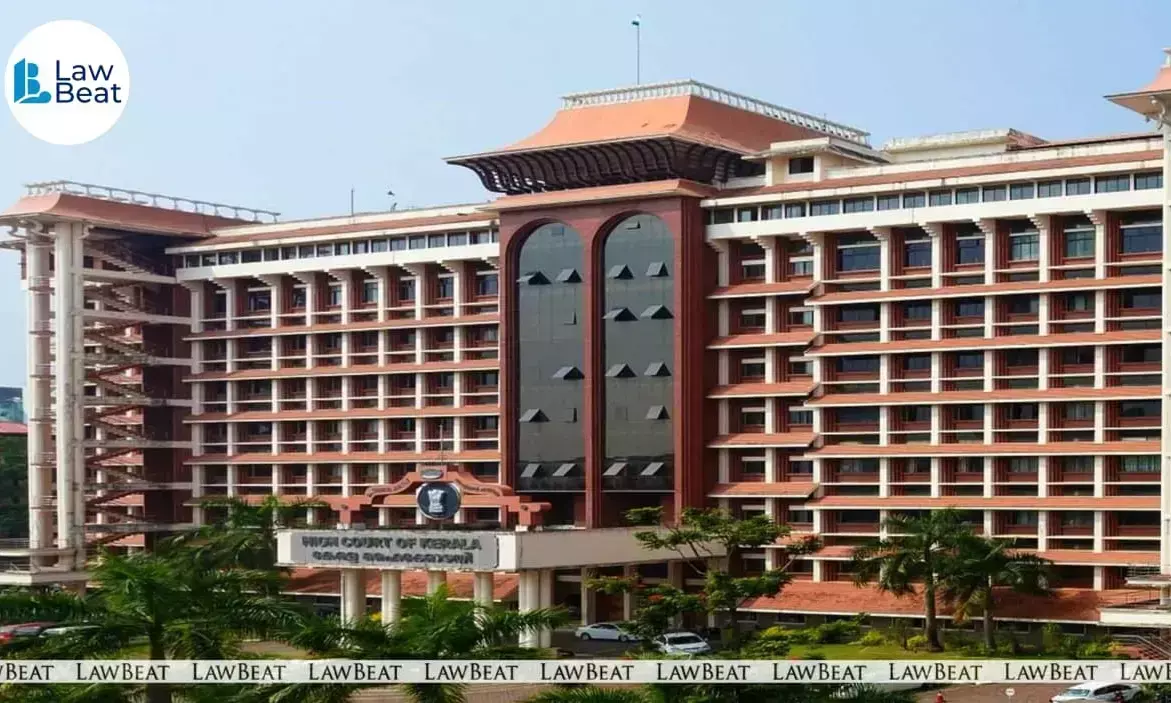Kerala HC Upholds Devaswom Board’s Power to Recognize Thanthra Institutions for Temple Priest Training

Kerala High Court Dismisses Thanthri Samajam Plea Against Temple Recruitment Rules
The Kerala High Court on Wednesday dismissed a writ petition filed by the Akhila Kerala Thanthri Samajam challenging the Travancore Devaswom Board’s (TDB) decision to recognize certain institutions, known as Thanthra Vidyalayas, for issuing eligibility certificates to candidates applying for the post of Shanthi (temple priest) under the Travancore Devaswom Board.
The petitioners had argued that only traditional Thanthris, hereditary chief priests, possessed the spiritual and ritual authority to train and certify individuals qualified to perform temple rituals, and that the new framework diluted age old traditions governing temple worship.
A Division Bench of Justices Raja Vijayaraghavan V and K.V. Jayakumar held that the Travancore Devaswom Board, as a statutory body constituted under the Travancore-Cochin Hindu Religious Institutions Act, 1950, has the legislative competence to prescribe qualifications, frame recruitment rules, and recognize institutions imparting training to temple functionaries.
The Court rejected the contention that the Kerala Devaswom Recruitment Board (KDRB) lacked jurisdiction or expertise to accredit Thanthric institutions, observing that such recognition falls within its statutory duties under Section 9(5) of the Kerala Devaswom Recruitment Board Act, 2015.
The petition was filed by the Akhila Kerala Thanthri Samajam, a society representing approximately 300 traditional Thanthri families in Kerala.
The Samajam sought to strike down Qualification No. 2(ii) of Rule 6(1)(b) of the Travancore Devaswom Board Officers’ and Servants’ Service Rules, 2022, which prescribes a certificate from Thanthra Vidya Peedams or institutions approved by the TDB or KDRB as an essential qualification for appointment as part-time Shanthis.
The Samajam argued that this rule and the subsequent notification issued by the KDRB on October 11, 2023, were unconstitutional as they excluded students trained directly under recognized Thanthris.
The petitioners submitted that the post of Shanthi traditionally required certification from a Thanthri, who serves as the spiritual father of the deity and performs the installation of divine energy (Prana Pratishta) in accordance with Agama, Nigama, and Thanthra scriptures. They contended that allowing newly created institutions to issue eligibility certificates undermined the sanctity and authenticity of temple worship, resulting in the commercialisation of rituals and the erosion of spiritual authority.
They also alleged that several institutions recognized by the Board existed only on paper and obtained approval without inspection or expert evaluation.
The State Government, the Travancore Devaswom Board, and the Kerala Devaswom Recruitment Board opposed the petition, arguing that the reforms aimed to ensure inclusivity, standardization, and transparency in temple administration. The respondents maintained that the hereditary system of certification restricted priestly duties to a few families, thereby excluding aspirants from other Hindu communities.
The Board submitted that the new rules were designed to eliminate hereditary priesthood, promote equal opportunity, and uphold constitutional values of equality and secular governance.
The respondents explained that the Devaswom Board had formed an Expert Committee of eminent Thanthris and scholars to inspect institutions conducting training in temple rituals. The Committee, after visiting 41 institutions between December 2023 and January 2024, reported that only 11 met satisfactory standards, 16 required improvement, and 14 failed to meet prescribed benchmarks. Institutions falling short were given six months to rectify deficiencies or risk withdrawal of recognition.
The Court noted that such periodic review and oversight demonstrated the Board’s intent to maintain quality and uniformity in religious training while preventing misuse of certification.
The Bench held that the power to regulate qualifications for temple employment is vested in the Devaswom Board under Section 35(2)(e) of the Travancore Cochin Hindu Religious Institutions Act, which authorizes the Board to frame rules regarding recruitment, qualifications, and conduct of employees.
The Court also observed that the petitioners had not raised objections during the framing and publication of the 2022 Service Rules, and therefore could not challenge them belatedly.
Rejecting the argument that traditional Thanthri certification was indispensable, the Bench observed that hereditary rights cannot override statutory rules framed in public interest. It underscored that reforms ensuring merit based and inclusive selection are consistent with constitutional mandates and the evolving nature of temple administration. The Court emphasized that the petitioners’ claim to exclusive authority over certification was untenable in law and contrary to the inclusive spirit of the Constitution.
Finding no merit in the challenge, the Court upheld the validity of the Travancore Devaswom Board Officers’ and Servants’ Service Rules, 2022, and the recognition granted to Thanthra Vidya institutions by the Kerala Devaswom Recruitment Board.
Case Title: Akhila Kerala Thanthri Samajam v. State of Kerala & Ors.
Bench: Justices Raja Vijayaraghavan V and K.V. Jayakumar
Date of Judgment: October 22, 2025
